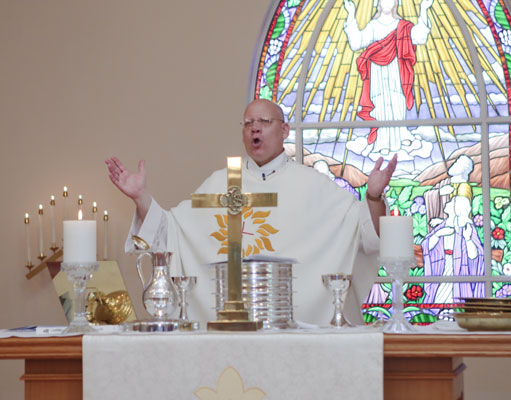- Dec 31, 2010
- 5,176
- 2,384
- 113
- Faith
- Christian
- Country
- United States
I wanted to donate to a ministry that supports poor people. On a search once again the Dwelling Place in Christiansburg, VA came up. I have been there before, though the worship is good there is not a preacher and it is run by 'elders.' So the services are just about all worship. Though I like good worship I also enjoy sitting down and listening to a preacher preach a half hour or so.
I will probably end up helping them with their efforts for the poor. But I just cannot join a church where there is no preacher to lead the congregation. But... I cannot find in scripture where the early church was run by a single pastor. It looks like it was run by the elders. So....
1. Is having a single preacher over a church biblical?
2. Is church doctrine necessary for a church? Or is it something that just promotes ego?
I will probably end up helping them with their efforts for the poor. But I just cannot join a church where there is no preacher to lead the congregation. But... I cannot find in scripture where the early church was run by a single pastor. It looks like it was run by the elders. So....
1. Is having a single preacher over a church biblical?
2. Is church doctrine necessary for a church? Or is it something that just promotes ego?




